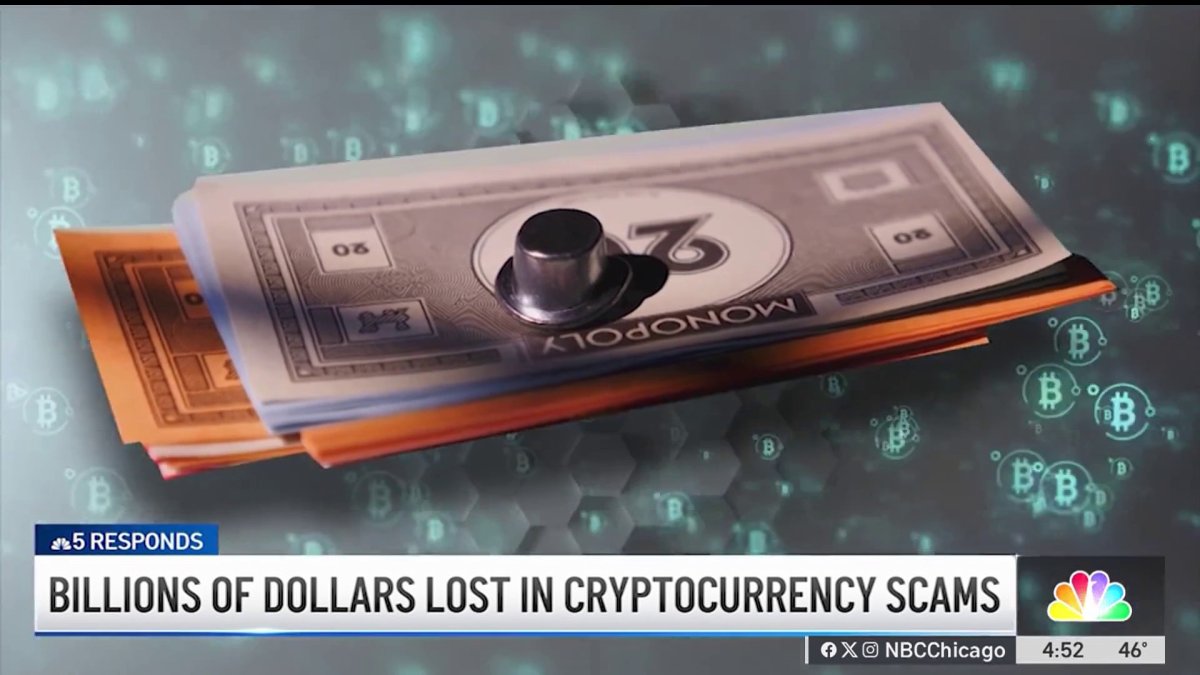Crypto Contamination: The Hidden Dangers Lurking in Your Digital Wallet

In the rapidly evolving world of digital assets, not all cryptocurrencies are created equal. Some digital currencies carry a hidden risk that could turn your investment into a legal nightmare: the taint of criminal activity.
Legal experts Joseph Cioffi, Adam Levy, and Christine DeVito from Davis+Gilbert LLP are shedding light on the growing concern of "dirty" crypto – digital assets that have been linked to illicit transactions or criminal enterprises.
The danger lies in the blockchain's transparent nature. Every transaction leaves a permanent digital trail, meaning that cryptocurrencies involved in illegal activities can be traced back to their origins. Unsuspecting investors who acquire these tainted assets could find themselves entangled in complex legal challenges.
The risks are multifaceted. Holding crypto connected to criminal activities could potentially expose individuals to:
• Potential seizure of assets
• Criminal investigation
• Accusations of money laundering
• Significant legal complications
Investors and cryptocurrency enthusiasts must exercise due diligence. Conducting thorough background checks on digital assets, understanding their transaction history, and working with reputable exchanges can help mitigate these risks.
As the digital asset landscape continues to evolve, staying informed and vigilant is crucial in protecting both financial investments and legal standing.








